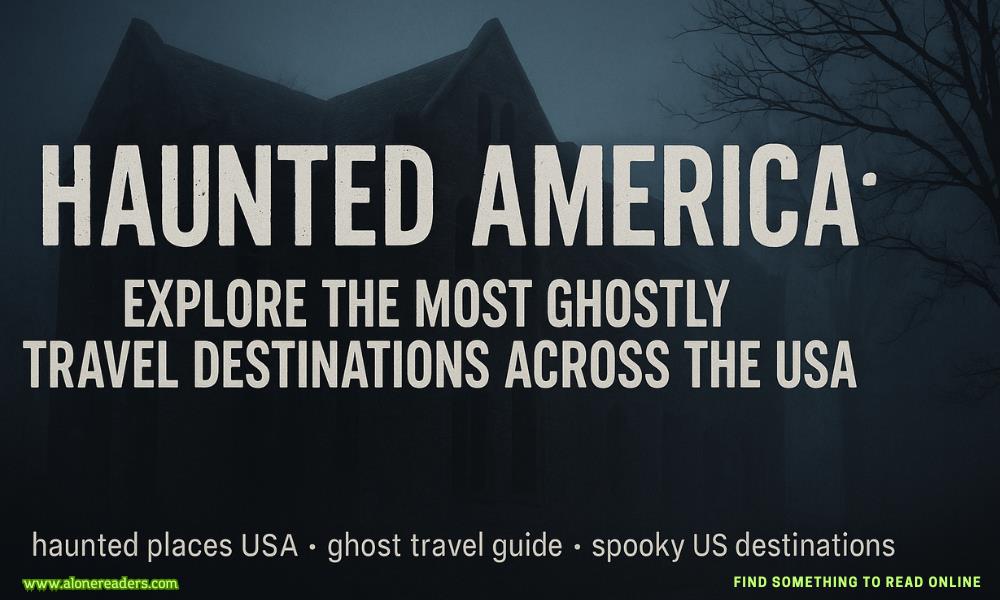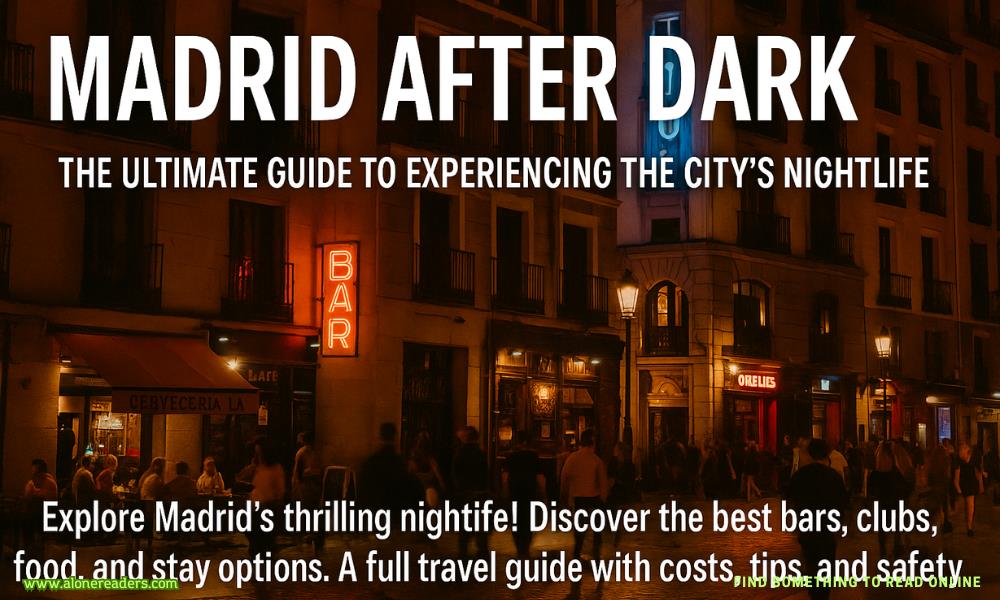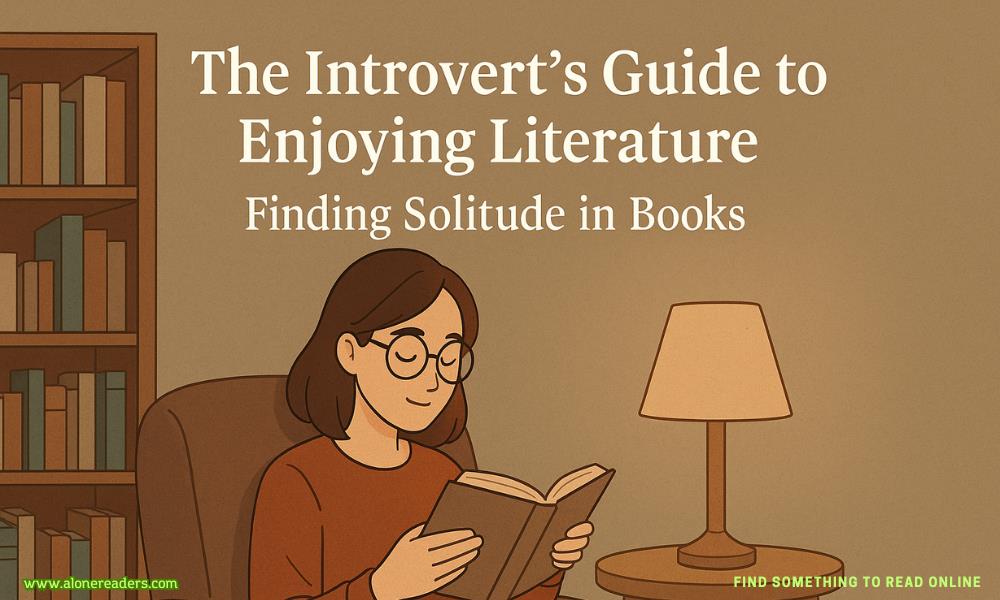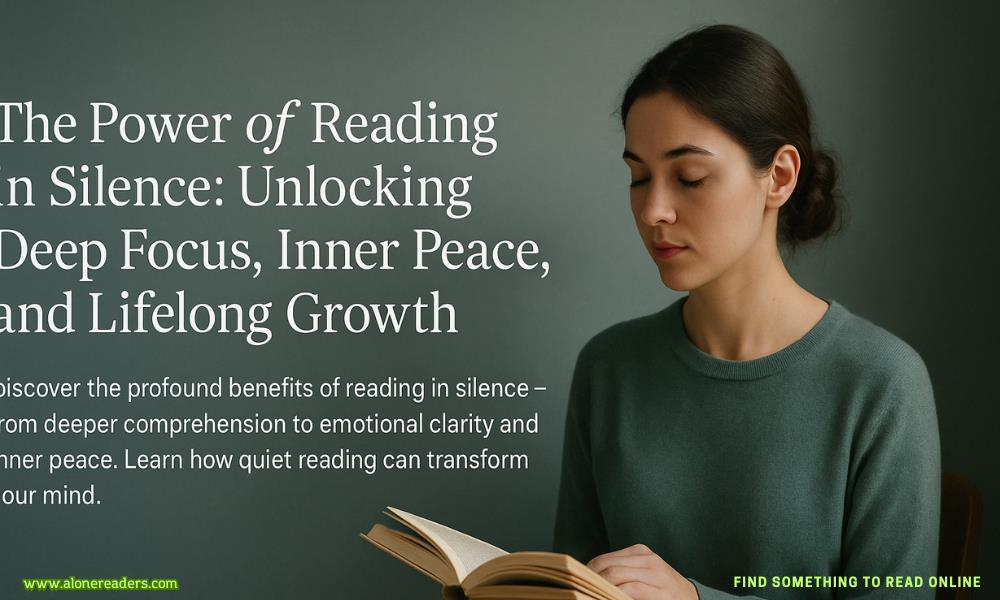Page 76 of Broken Country
“No.”
“He had humiliated you.”
“No.”
“He knew where your Achilles’ heel was, didn’t he?” Donald Glossop turns to the jury. He is facing away from me, but I hear the smile in his voice. “Our siblings know us best, don’t they? They know exactly how to hit whereit hurts.” He swings back around to face Frank. “Your brother insulted you that night, didn’t he, Mr. Johnson?”
“Jimmy was drunk. He said a lot of nonsense. I took no notice of it.”
“You love your wife, don’t you?”
Frank looks confused, as I am, by the change of tack.
“Yes.”
“You’ve loved her a long time. How long, in fact?”
“Since I was thirteen.”
“Thirteen.” Donald Glossop has softened his voice, he is lulling, cajoling. It doesn’t fool me. “And you carried on loving her through some pretty tough times, as the court has heard. The son you lost in an accident for which your wife blamed you. Her subsequent affair with Gabriel Wolfe. But nothing swayed your love for her, is that right?”
“Yes.”
Frank’s voice is quiet. He is bracing himself. He has seen enough of Donald Glossop’s performance, the rapid switches from light to dark, to know something vicious is coming.
“When Jimmy insulted Beth, you saw red, didn’t you?”
“No.”
“He abused her and you got angry.”
“No.”
“He wasn’t abusive?” Donald Glossop glances down at the notes in his hand, but I can tell it’s an affectation. He doesn’t take time to read them. “According to the statement you gave to the police, he called her a slut. I would call that pretty abusive language, wouldn’t you?”
The shocking term rings out, reverberating around Court Seven.
I watch the jury closely as Donald Glossop warms up for his kill. The woman with electric-blue specs clamps her lips into a thin line of disapproval. City Gent frowns at theoffensive word. Even the young man in the front row, with his long, hippy hair and flowing shirt, looks shocked.
“He called your wife aslutand you lost it, didn’t you?”
“No.”
“You were in a rage when you grabbed the gun, weren’t you?”
“No. That’s not how it happened.”
“You grabbed the gun and shot your brother, didn’t you, Mr. Johnson? It was your finger on the trigger, wasn’t it? A huntsman’s instinct, all those years of firing guns at defenseless creatures. You did it without thinking.”
“No.”
Donald Glossop raises his voice to a theatrical shout. “You killed your brother, didn’t you, Mr. Johnson? You were in a wild rage, and you shot him.”
“No. No, for the last time, NO.” Frank’s voice is too loud, too stressed, a man provoked. Exactly as the prosecution intended.
I see the jury watch Frank, drinking in this first crack in his armor, a glimmer of the rage that lies beneath. Donald Glossop returns to the bench, leaving a stunned silence and the residue of accusation behind him.
This trial has been about performance, not facts. Donald Glossop is as rousing as any Shakespearean actor—he is Hamlet, Macbeth, and King Lear all at once—manipulating his audience into a frenzied, adrenaline-pumped acceptance of his speech.
- Her Desert King by Marian Tee
- A Wife's Duty by Sam Crescent
- The Gift that Keeps On Giving by Jessa Kane
- Hard Hearts by Ella Goode
- Obsidian Devotion by Sylvia Rae
- Sold to the Single Daddies by Summer Haze
- Coast by Jessica Gadziala
- Jezebel's Liberation by Lacy Rose
- A Touch of Fate by Cora Reilly
- Relentless Knight by Lisa Cullen
- The Cheerleader by Jade Marshall
- With this Ring by Sierra Cartwright
- Axel by Kelly Finley
- Ice Cold Liar by Cynthia Eden
- Her Daddies' Everything by Laylah Roberts
- Bound By Lust by Rose Marie







